The organic farming element of the upcoming Environmental Farming Scheme (EFS) aims to convert 700ha of conventionally farmed land in NI into organic by 2020, Brian Ervine from DAERA told Organic NI members last week.
Subject to receiving business case approval from the Department of Finance, the EFS is to open for applications at the end of February for a month, with the first five-year agreements under the organic farming element beginning in July 2017.
Most recent figures indicate that 9,000ha or 0.9% of the agricultural area in NI was farmed organically in 2015 by around 150 farmers recognised by organic certification bodies.
Ervine said that farmers converting to organic need to be registered with an approved organic certification body before applying under EFS.
Payments to farmers converting to organic are available for up to three years at rates of £144/ha for grassland and £149/ha for arable for the first 60ha claimed, and £45/ha thereafter. For horticulture growers, conversion payments are £358/ha for the first 6ha and £149/ha thereafter.
For those already converted to organic, maintenance payments are over five years at £53/ha for both grassland and arable, falling to a reduced rate of £20/ha after the first 60ha. Horticulture growers will receive £197/ha for the first 6ha, and £53/ha thereafter.
Once a farmer is through their three-year conversion, they move to these maintenance payments for the remainder of the five-year period.
The original proposed scheme also included a £9/ha payment on rough grazing when in-conversion, along with a £8/ha maintenance payment, but these payments have not been included in the final version.
According to Brian Ervine, land that has been funded for organic conversion before and was subsequently farmed through conventional methods, cannot be funded for conversion again. However, payments for organic management can be paid on land that was part of a previous scheme.
Growing market
Meanwhile, the market for organic food in the UK continues to grow following a 6.1% increase in organic food sales last year, Finn Cottle from the Soil Association said at the meeting in Greenmount last week.
“The market is growing and supply growth is not keeping pace at present. However, it is important to keep the balance right and make sure there is a market for any increases in supply down the line,” Cottle told members of stakeholder group, Organic NI.
Consumer mistrust with retailers and processors, empathy for farmers, health-conscious shopping and a growing interest among consumers in where food comes from has led to an increase in the organic market, said Cottle.
She presented figures for 2016 that showed a 2.2% market increase for organic dairy products. The largest sub-category market gain was for deli food which increased by 16% in 2016, but the meat, fish and poultry sub-category decreased by 1% last year.
In NI, ABP processes organic beef, and Liam McCarthy from the meat processor told producers last week that there has been a slight increase in the demand for local organic beef.
He said that demand for organic food declined during the last recession to the point where there was an oversupply, and some organic beef had to be sold in the conventional market.
“There is a need for more organic beef at present, but please don’t go wild,” McCarthy warned producers.
The market for organic lamb remains very limited with Cottle suggesting that the difference between conventional and organic lamb is not large enough for most consumers. “It’s simply very hard to make work.
‘‘We processed organic lambs for a while but it faded out,” McCarthy added.





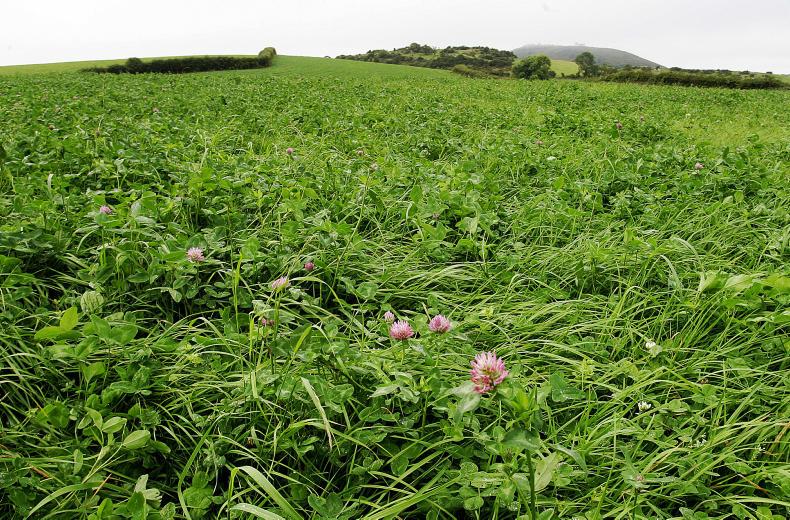
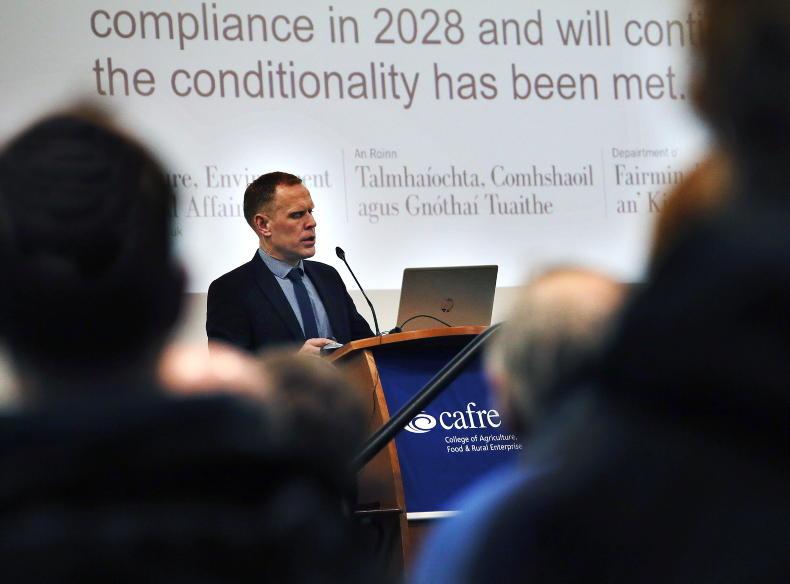
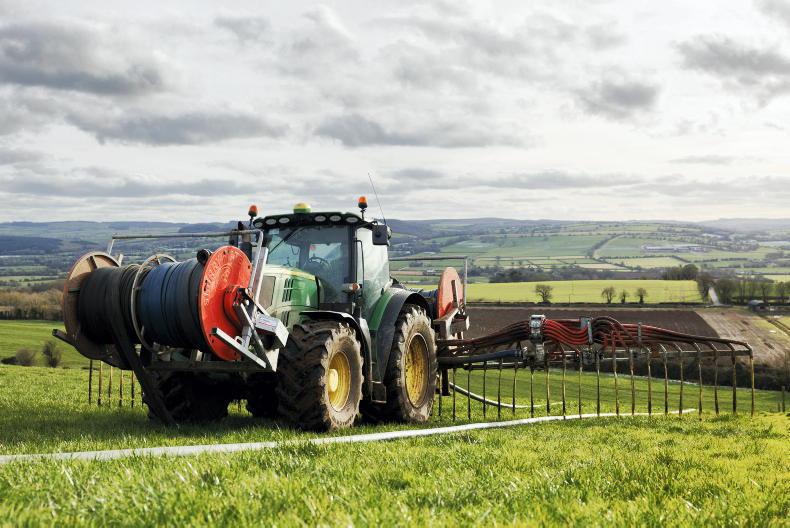
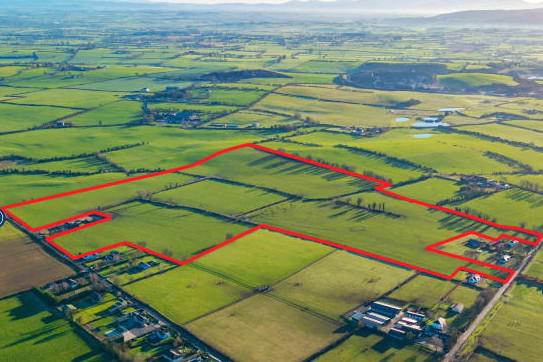
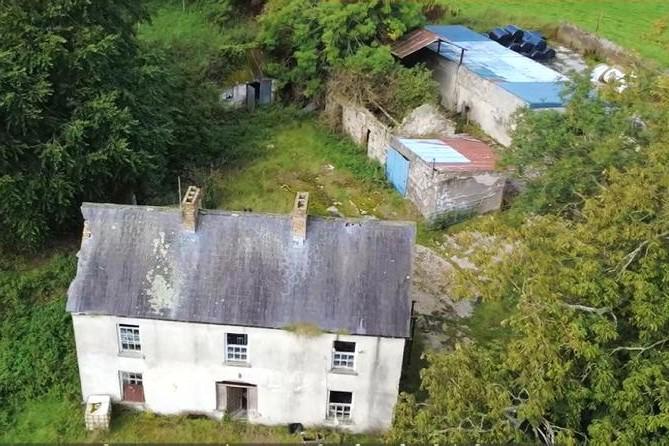
SHARING OPTIONS